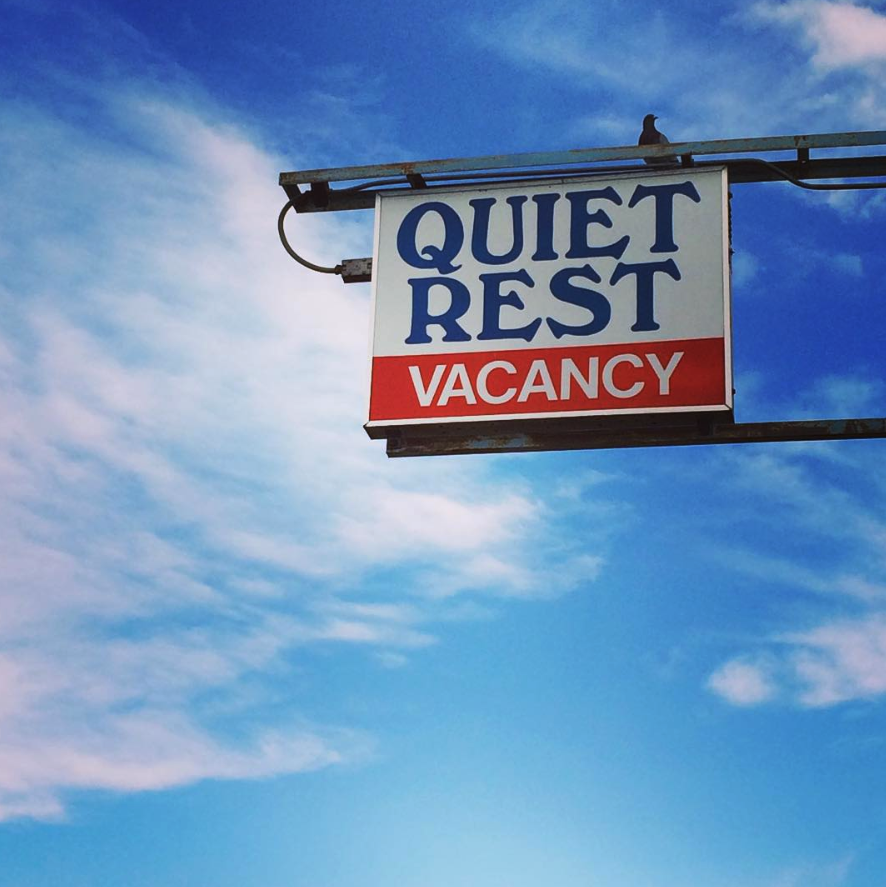
At the tail end of my career as an entrepreneur, business was slow. Very slow.
Any gig that came my way was a welcome reprieve from the anguish of sitting alone in my pajamas all day, trying to drum up new clients. The whole thing felt futile and pathetic.
A low point that stands out happened while driving down the highway on a beautiful, crisp, clear day in big sky country. It suddenly occurred to me that I was crushingly sad and lonely. Maybe sadder and lonelier than I had ever been in my life.
The despair was so heavy and penetrating in that moment, that the idea of suicide actually crossed my mind for the first time ever. Not ending my life in reality, just the idea of suicide conceptually.
My mind went to the place of:
Oh wow, there are millions of people around the world who feel just as sad, if not sadder than I feel right now, and lots of those people will decide to kill themselves.
Because in their minds, that solution makes complete sense. The pain of living is too intolerable for them endure, so they’re going to end it all.
Being a witness to this dark thought flooded my body with numerous feelings and emotions.
Fear, compassion gratitude, relief, confusion, sweat, stomach cramps, to name a few.
But although my sadness and loneliness didn’t suddenly lift, entertaining that dark thought shifted something inside of me. There was no doubt in my mind that, despite my depression, killing myself was not a consideration. There may have been a consideration of the consideration, but that’s about as far as it got.
Something inside of me just said:
Listen, there is a tomorrow that will turn this all around. There is a light at the end of this tunnel.
This day made me realize that darkness comes for us all. There is no escaping it, no matter how much light we carry inside.
Debotton writes in his book about love that we are not a species that can choose the baggage with which it must travel. In spite of our best intentions, we always find we have brought along a suitcase or two of darkness and misery.
And yet, while darkness may find us all, but we don’t have to follow it.
There are ways to navigate within it.
This brings me to the second half of my story.
Once my dark thoughts began to fade, my number one mental health mantra came to mind:
Make meaning, don’t monitor moods.
Honor the emotions by witnessing and feeling them, but don’t spend too much time there. Instead, use that energy as fuel to move the story forward.
Maisel writes about this in several of his books:
When a meaning crisis occurs, we become emotionally unwell, usually calling the experience depression. But rarely do we recognize that a meaning event has just occurred and that, in order to feel better, we must take action by making new meaning.
And so, instead of ruminating about my sad mood and trying to locate my depression within the pantheon of human condition, an idea popped into my head: Photo hunt.
This one of my favorite meaning making activities when my well of inspiration has run dry, stress is high, or my mood is just generally sour. Getting lost and taking pictures of obscure and interesting things forces me to get intimate with my surroundings, practice noticing and being curious, and most importantly, get the fuck out of my head for a while.
It has never failed me. The spirit of adventure allows me to feel at home in the darkness.
And looking out my rental car window, the light was exquisite, the sky was enormous, and there were old motel signs on every corner. Talk about production value.
The next hour of my life was absolute bliss. Considering the dark thoughts that had just been running through my head, it might have been one of the my most memorable adventures.
Here, instead of trying to explain it, let me just show you the pictures:


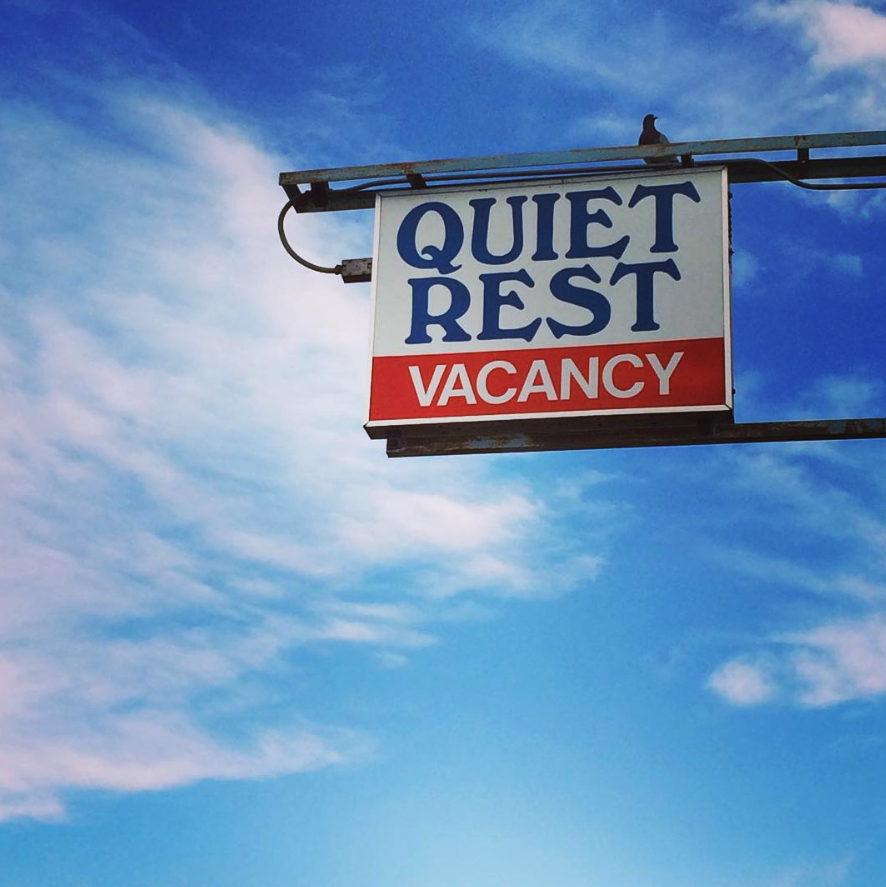
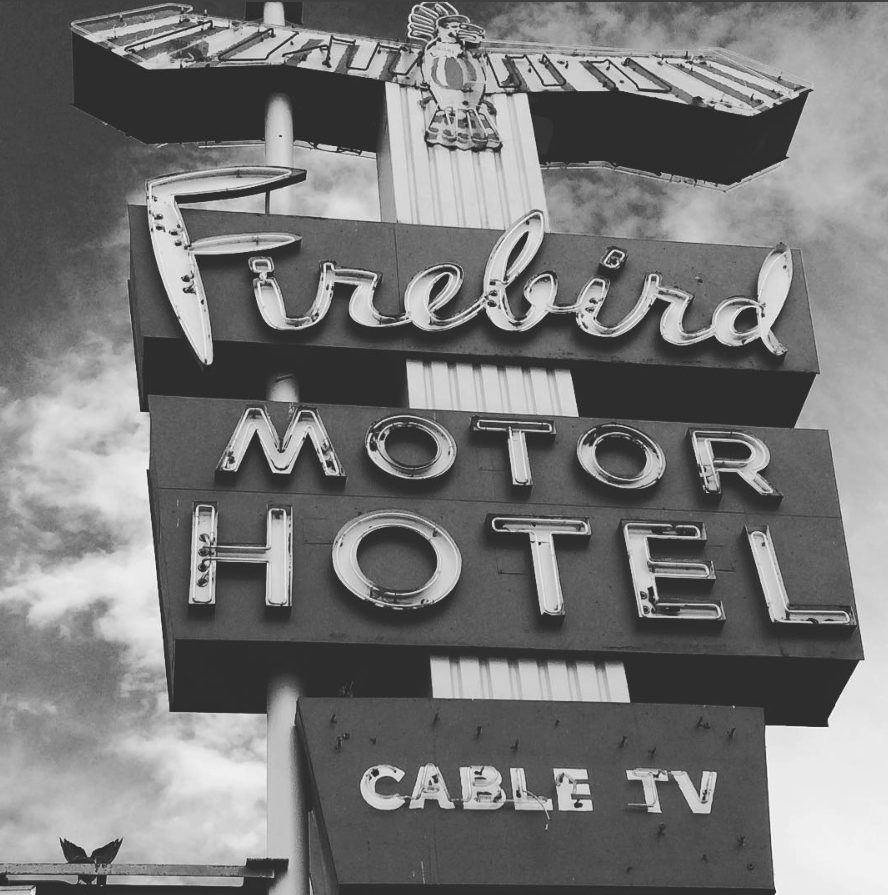
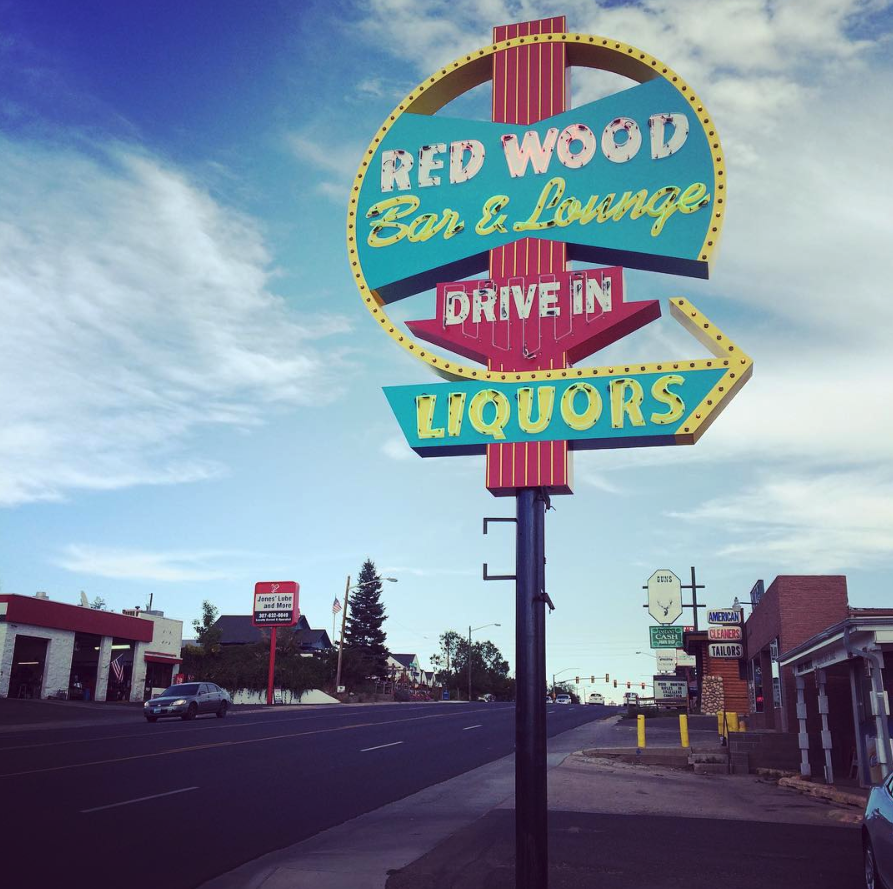



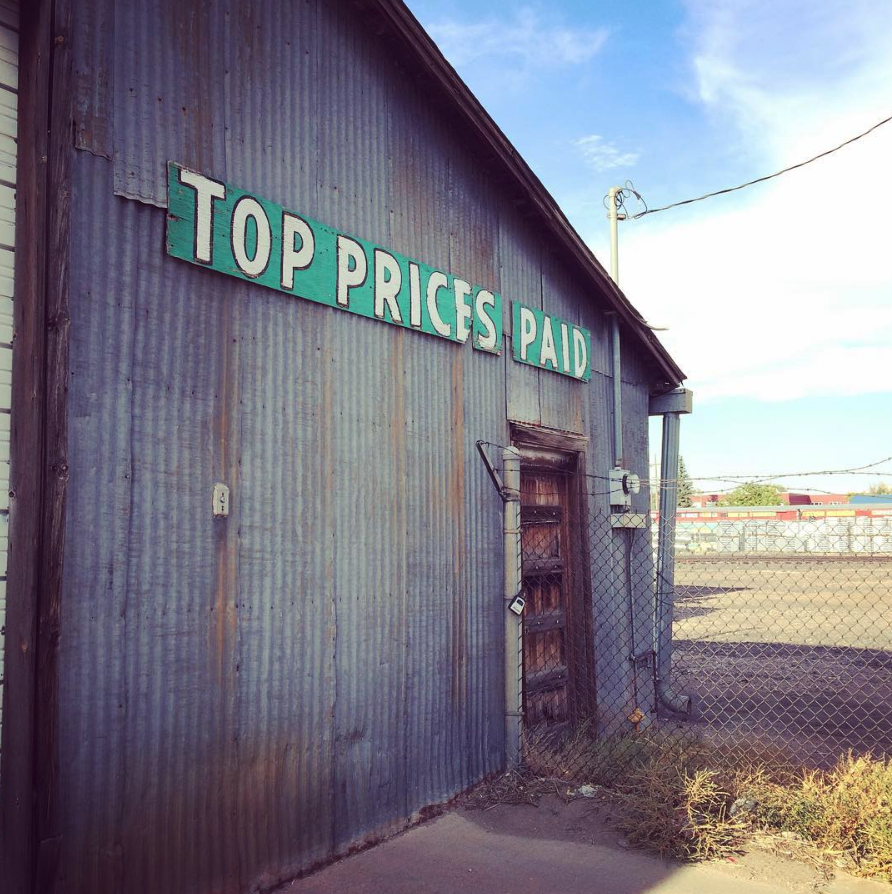
Make meaning, don’t monitor moods.
When you sense the ominous darkness trying to creep over your soul, notice it, name it, tame it and reframe it.
Kick at the darkness until it bleeds daylight.
Because although it finds us all, we don’t have to follow it.
LET ME ASK YA THIS…
What if every moment of darkness enabled you to better see the light?
* * * *
Scott Ginsberg
That Guy with the Nametag
Author. Speaker. Strategist. Inventor. Filmmaker. Publisher. Songwriter.
[email protected]
www.nametagscott.com
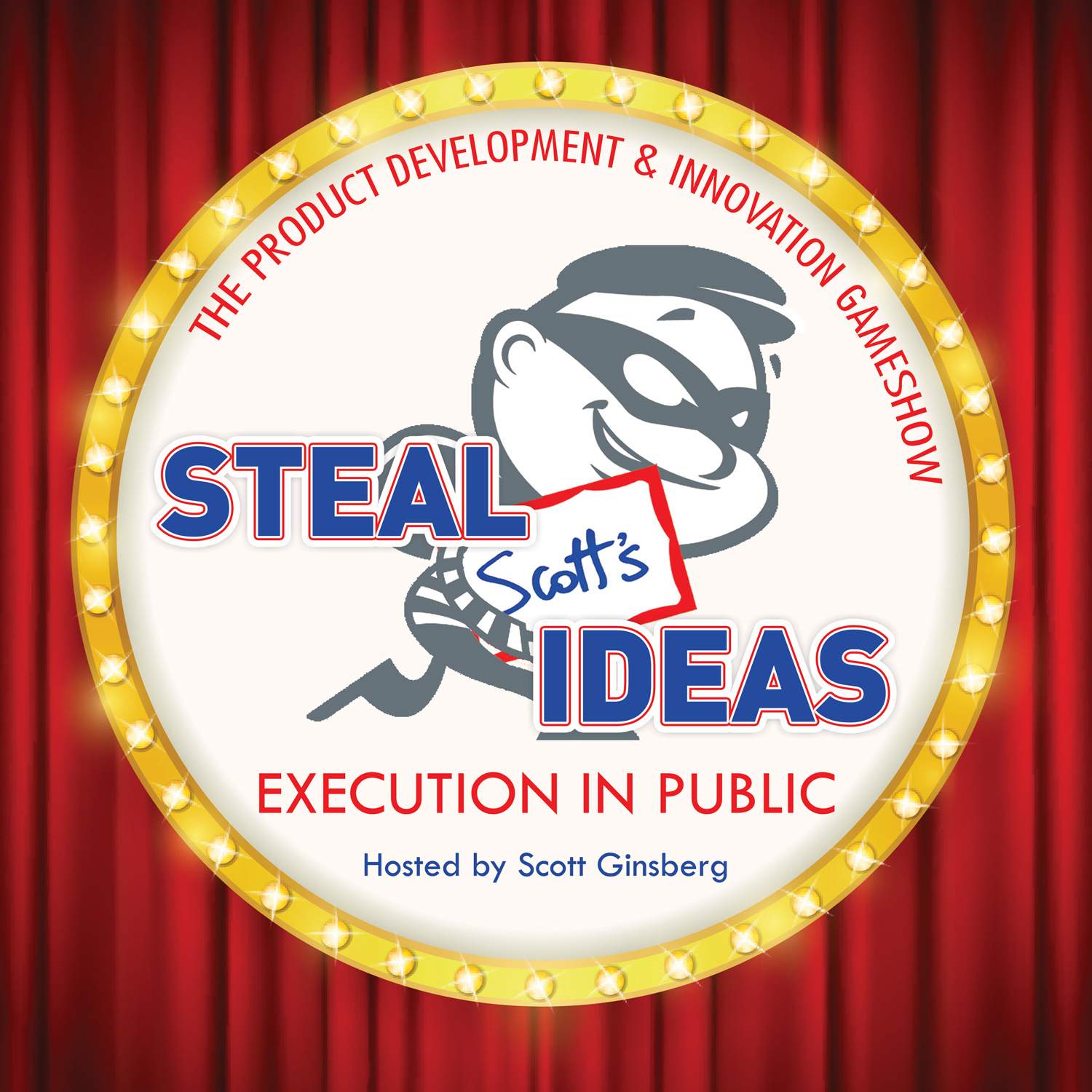 It’s the world’s first, best and only product development and innovation gameshow!
It’s the world’s first, best and only product development and innovation gameshow!
Tune in and subscribe for a little execution in public.
Join our community of innovators, artists and entrepreneurs.

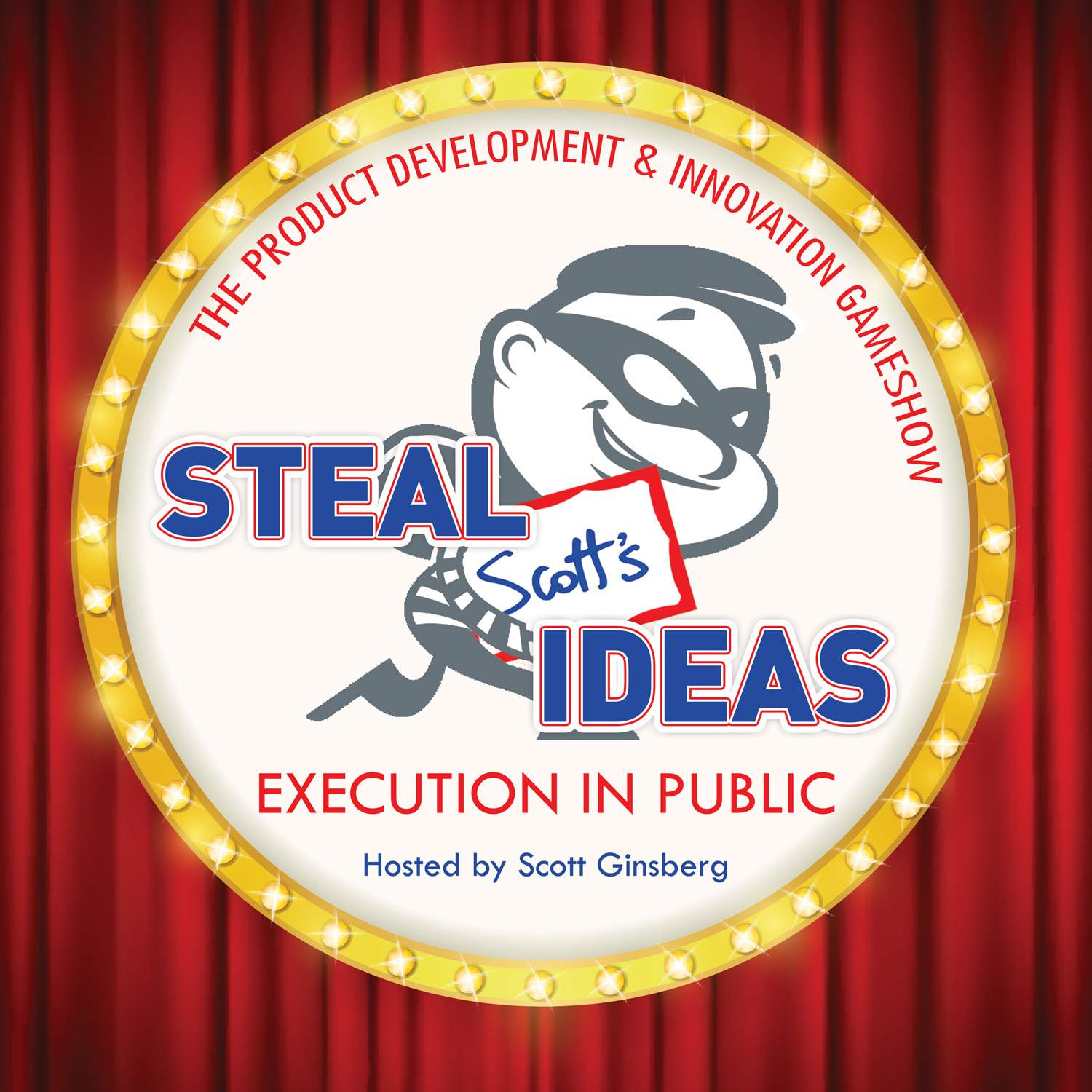 It’s the world’s first, best and only product development and innovation gameshow!
It’s the world’s first, best and only product development and innovation gameshow!










 It’s the world’s first, best and only product development and innovation gameshow!
It’s the world’s first, best and only product development and innovation gameshow!
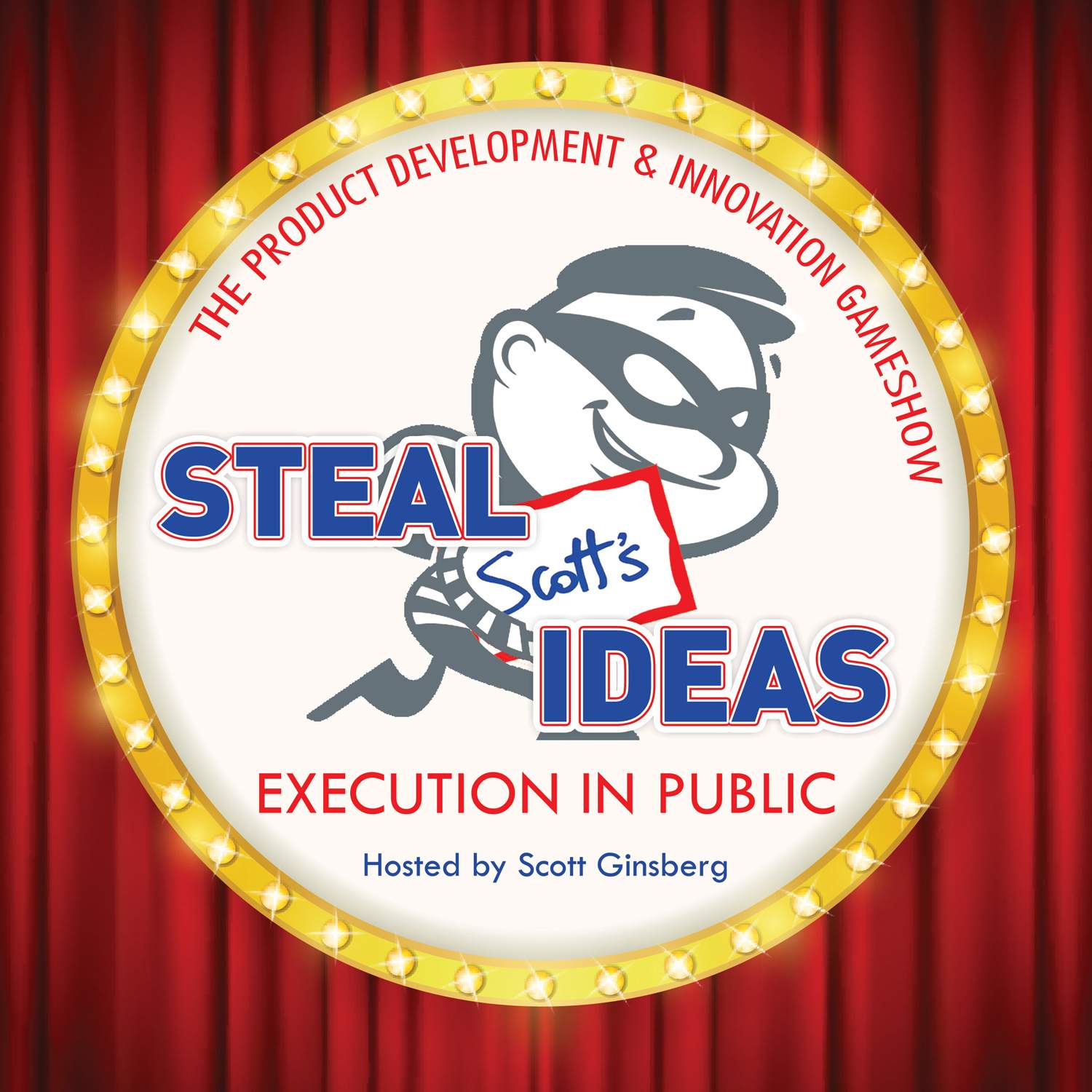 It’s the world’s first, best and only product development and innovation gameshow!
It’s the world’s first, best and only product development and innovation gameshow!
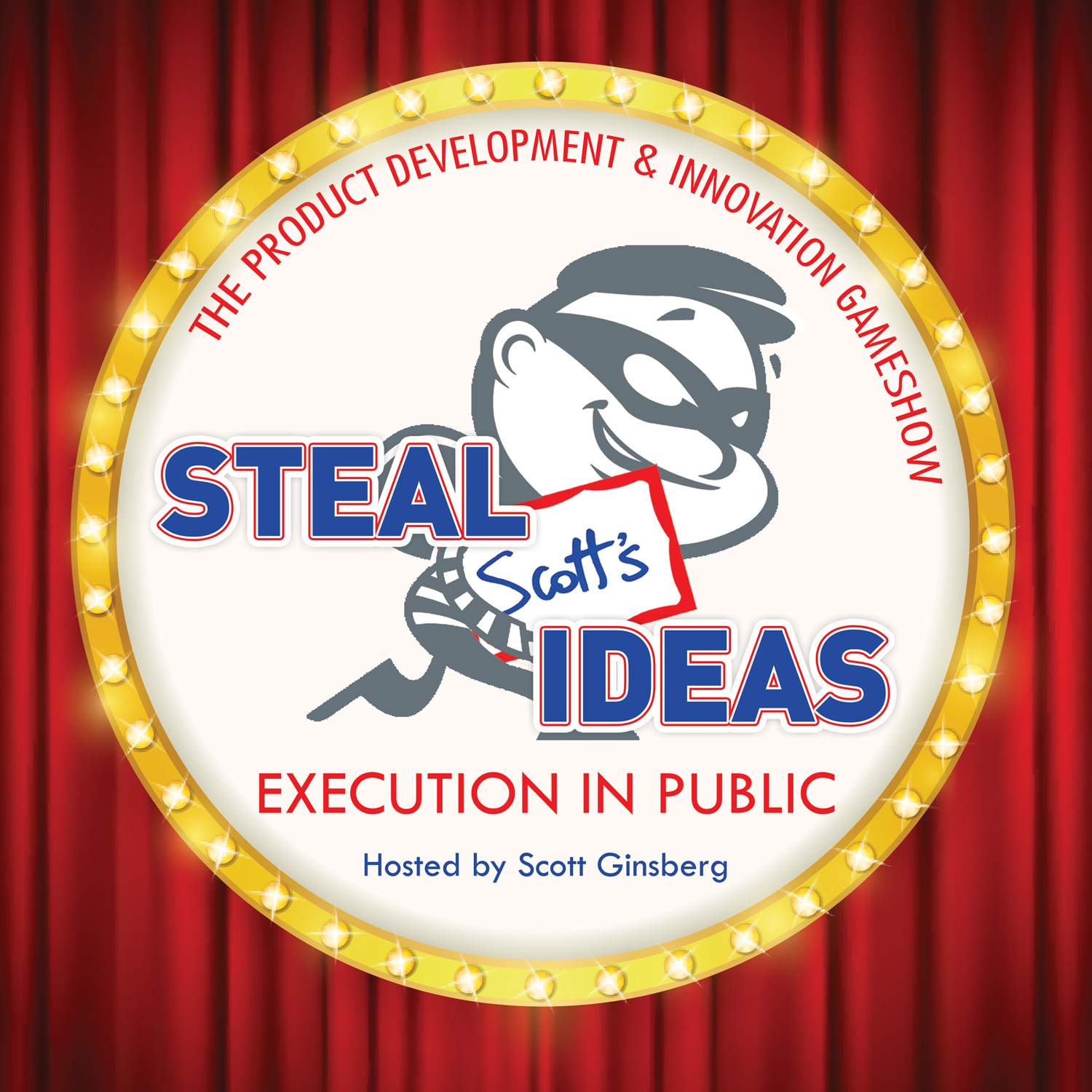 It’s the world’s first, best and only product development and innovation gameshow!
It’s the world’s first, best and only product development and innovation gameshow!
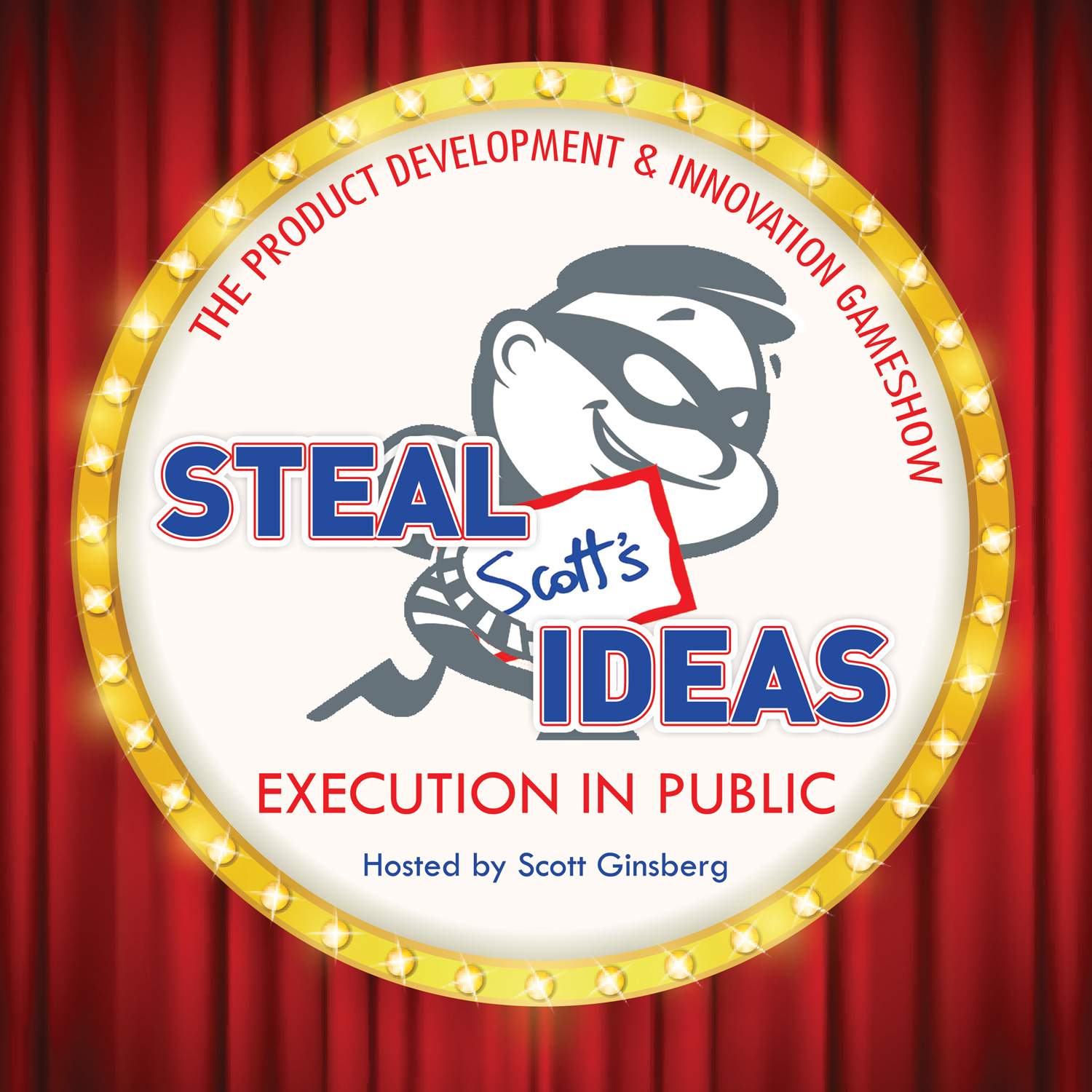 It’s the world’s first, best and only product development and innovation gameshow!
It’s the world’s first, best and only product development and innovation gameshow!
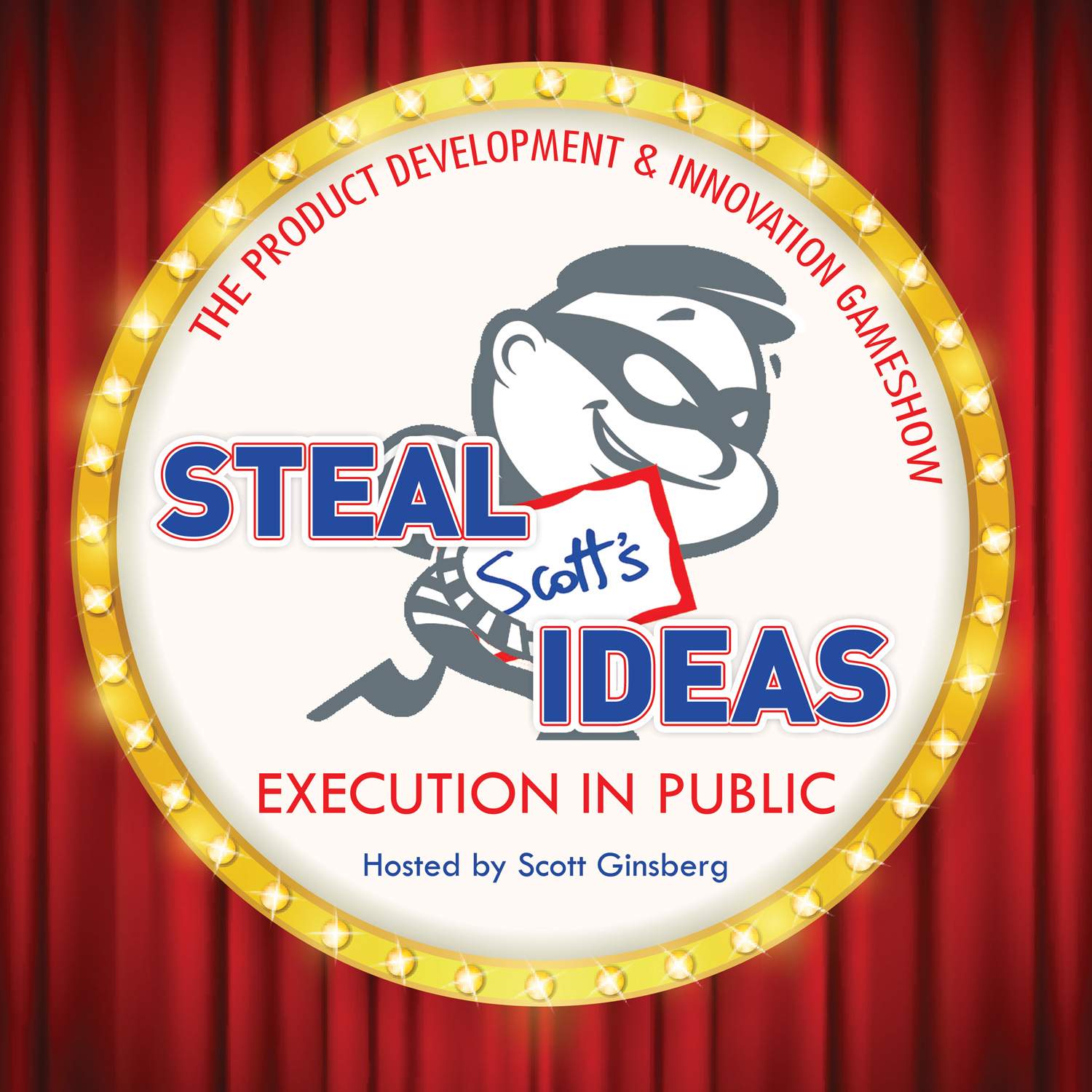 It’s the world’s first, best and only product development and innovation gameshow!
It’s the world’s first, best and only product development and innovation gameshow!
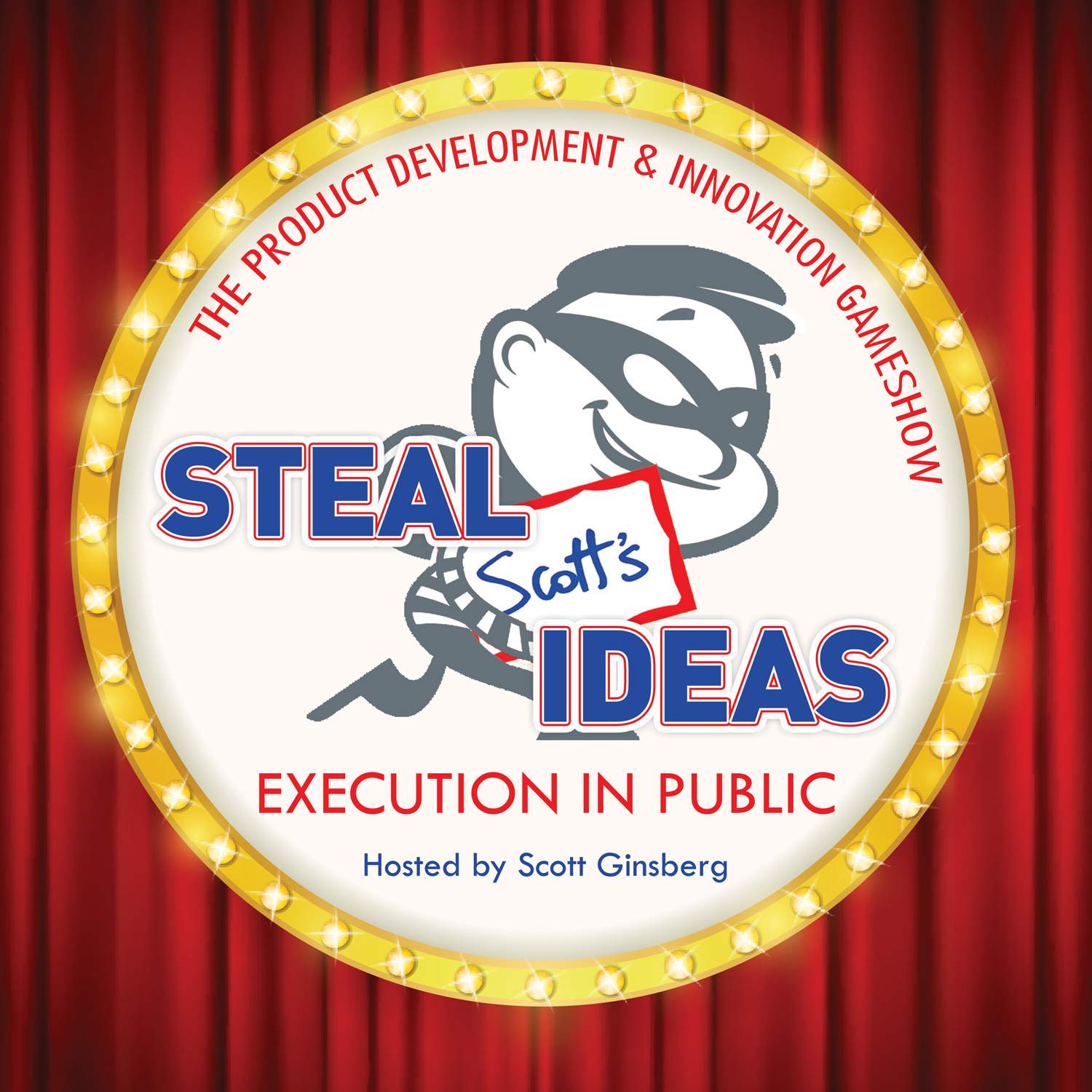 It’s the world’s first, best and only product development and innovation gameshow!
It’s the world’s first, best and only product development and innovation gameshow!
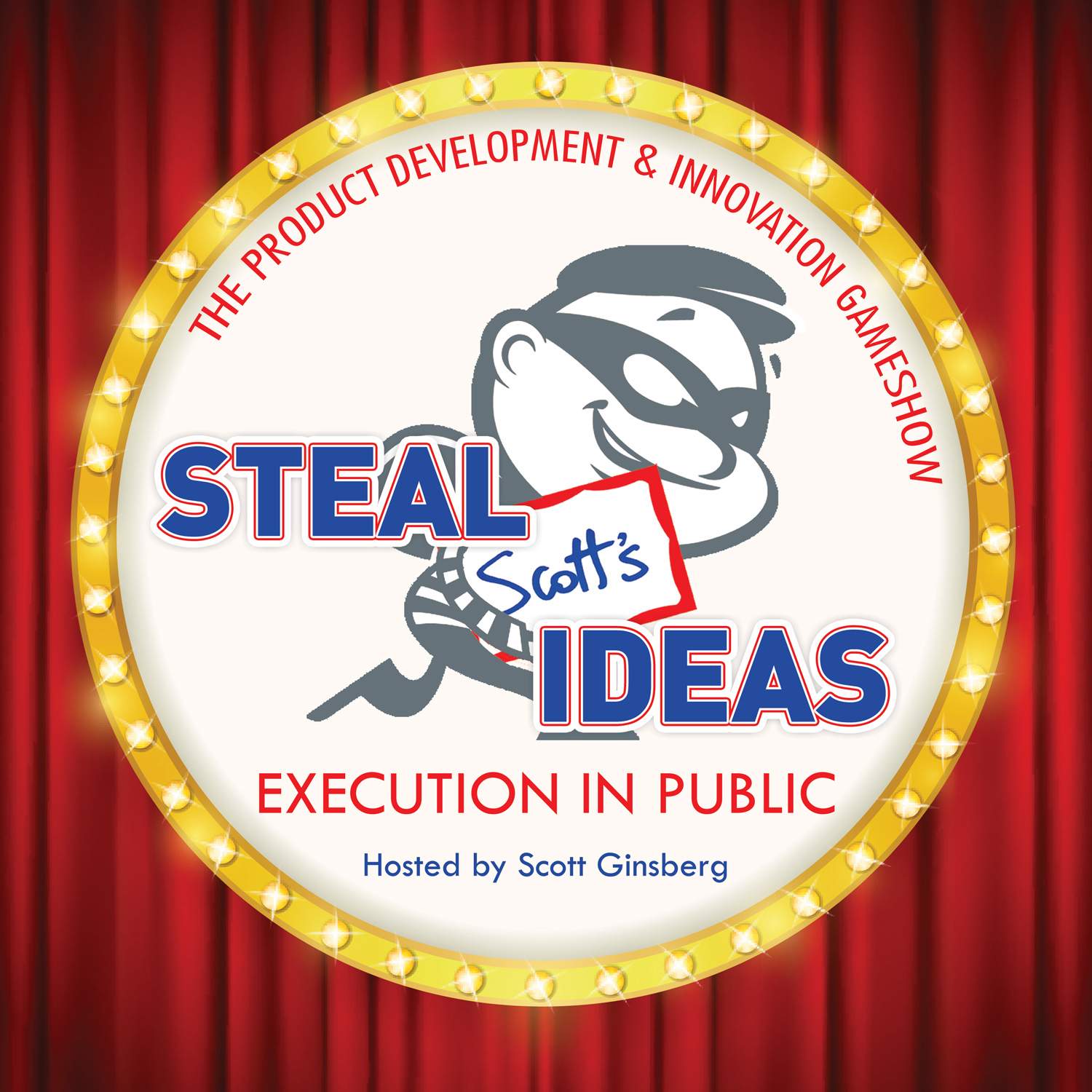 It’s the world’s first, best and only product development and innovation gameshow!
It’s the world’s first, best and only product development and innovation gameshow!
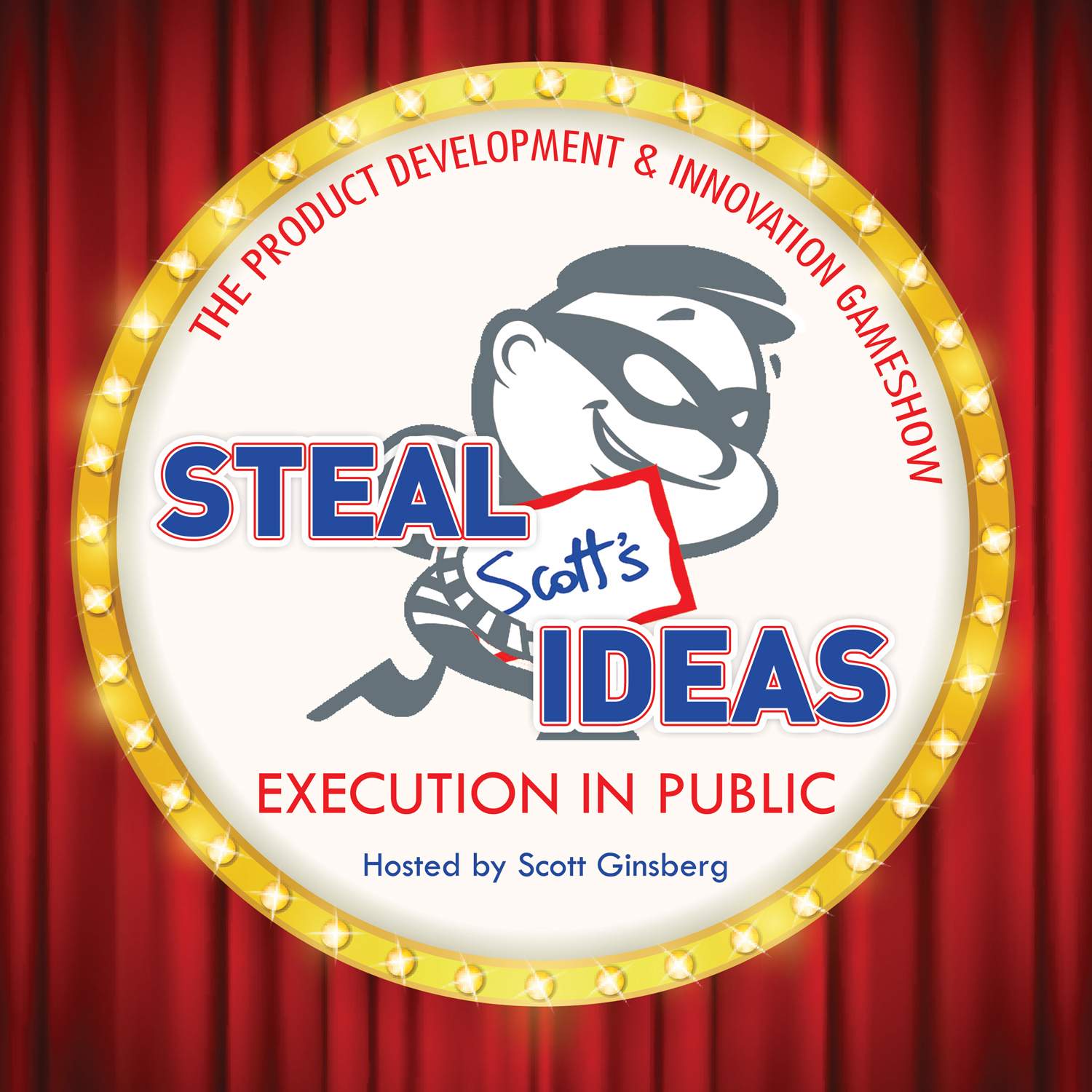 It’s the world’s first, best and only product development and innovation gameshow!
It’s the world’s first, best and only product development and innovation gameshow!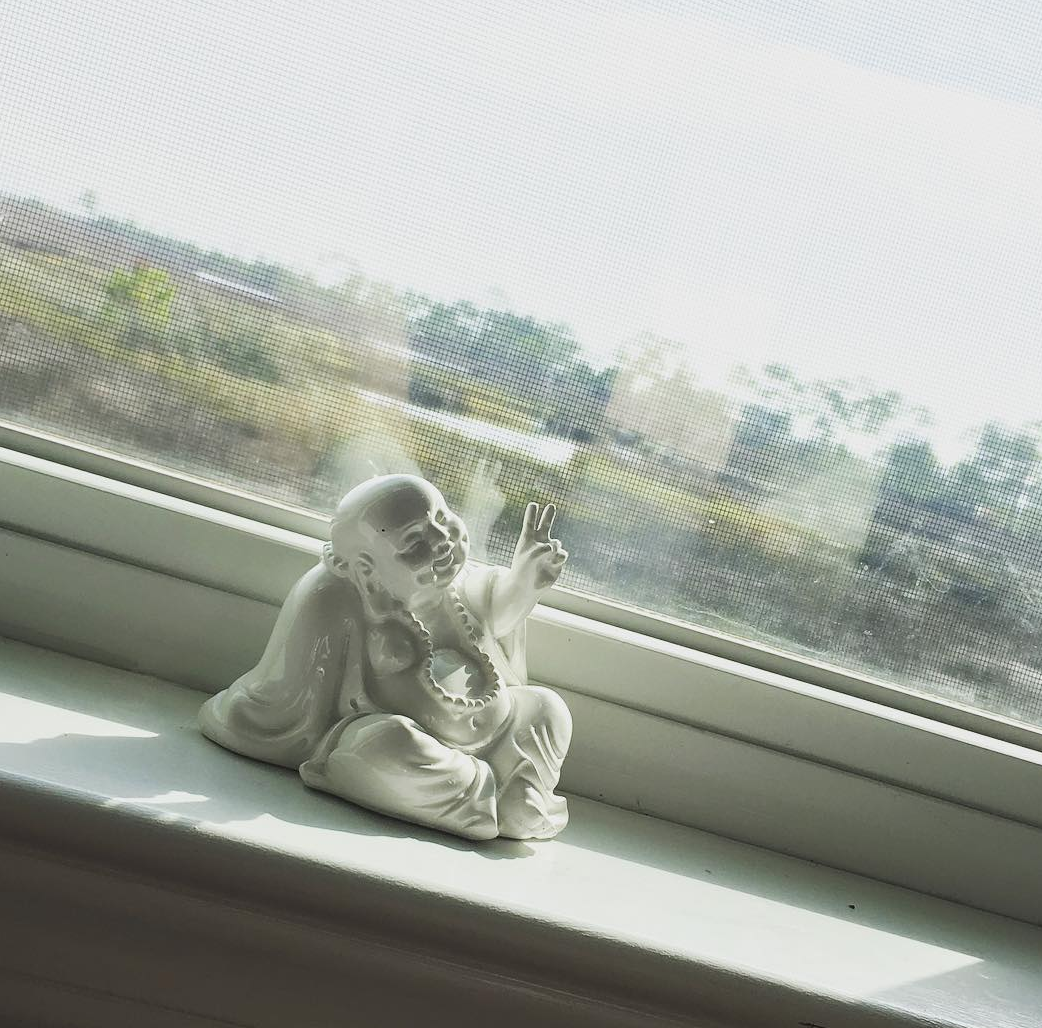
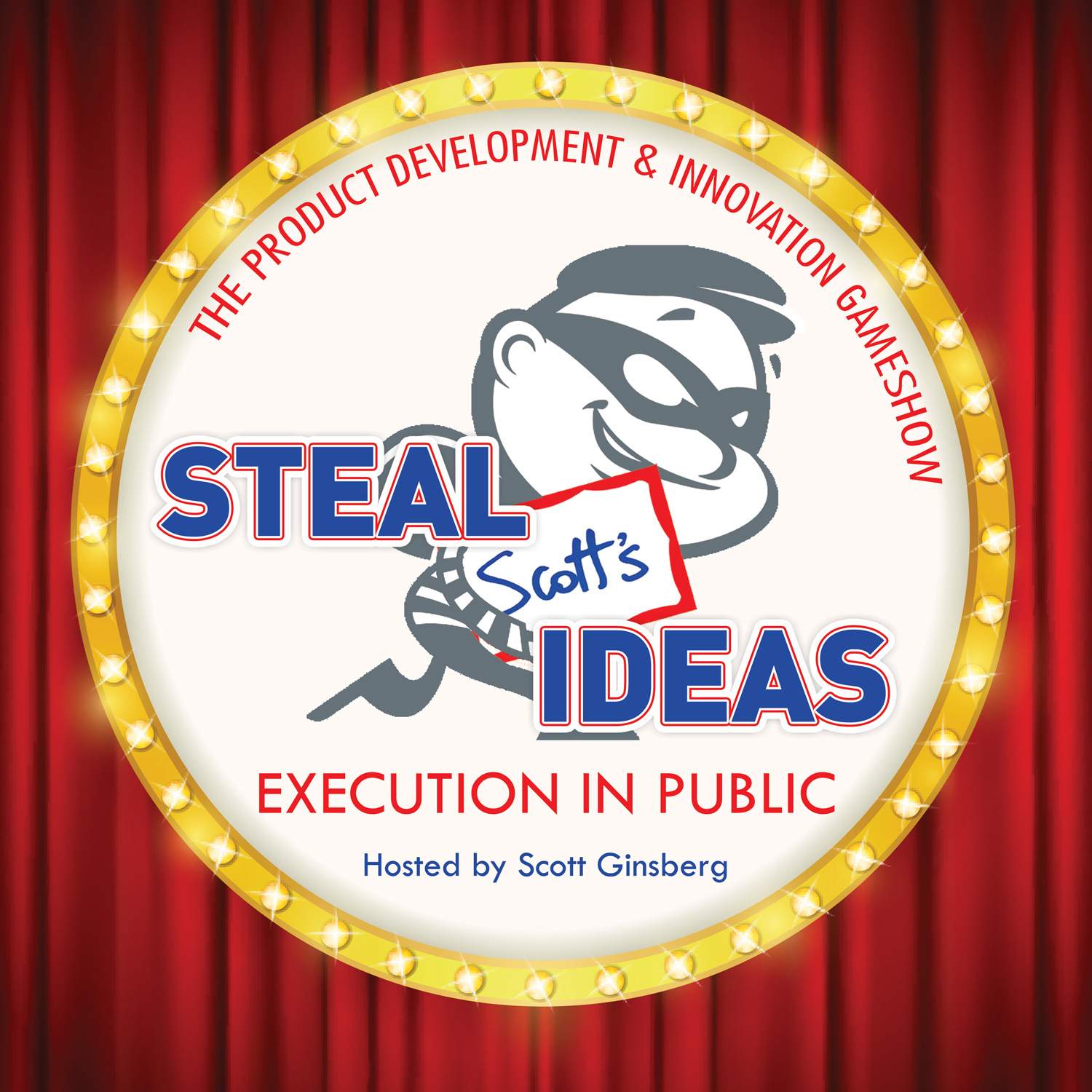 It’s the world’s first, best and only product development and innovation gameshow!
It’s the world’s first, best and only product development and innovation gameshow!